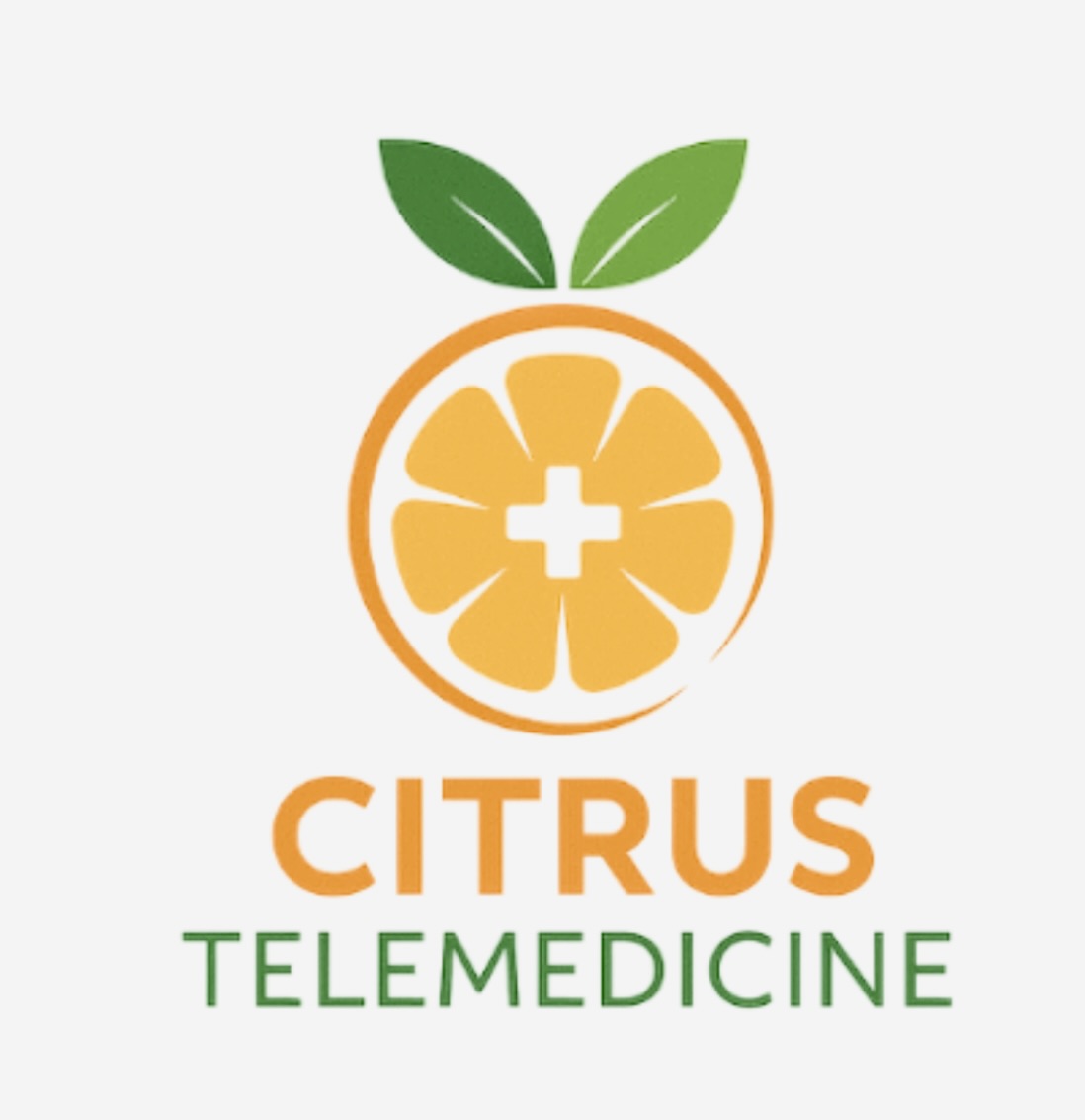Comprehensive Care Through Virtual Healthcare Services
- Citrus Telemedicine

- Oct 22, 2025
- 4 min read
Healthcare is evolving rapidly, and one of the most significant advancements is the rise of remote care solutions. These technologies and services are transforming how patients access medical care, making it more convenient, efficient, and accessible. Remote care solutions are designed to bridge the gap between patients and healthcare providers, especially for those who face challenges visiting clinics or hospitals in person.
The Growing Importance of Remote Care Solutions
Remote care solutions have become essential in today’s healthcare landscape. They offer a way to deliver medical services without the need for physical presence, which is particularly valuable in rural areas, for people with mobility issues, or during public health crises. These solutions include video consultations, remote monitoring, and digital health platforms that connect patients with healthcare professionals.
Some key benefits of remote care solutions include:
Increased accessibility: Patients can receive care from anywhere, reducing travel time and costs.
Improved patient engagement: Digital tools encourage patients to take an active role in managing their health.
Timely interventions: Remote monitoring allows for early detection of health issues, preventing complications.
Cost savings: Both patients and providers can save money by reducing unnecessary visits and hospital stays.
For example, a patient with chronic heart disease can use a wearable device to track vital signs, which are then monitored by their healthcare team remotely. This continuous oversight helps prevent emergencies and keeps the patient healthier.

What is Virtual Health Care?
Virtual health care refers to the delivery of healthcare services through digital platforms, enabling patients and providers to interact without being in the same physical location. This can include video calls, phone consultations, messaging, and the use of apps or devices that collect health data.
Virtual health care is not just about convenience; it also enhances the quality of care by providing:
Real-time communication: Patients can quickly reach their providers for advice or follow-up.
Access to specialists: Patients in remote areas can consult experts without traveling long distances.
Personalized care plans: Digital tools can tailor recommendations based on patient data.
Continuity of care: Virtual visits can be scheduled regularly to monitor ongoing conditions.
For instance, a patient recovering from surgery can have virtual check-ins with their surgeon to discuss progress and address concerns, reducing the need for frequent hospital visits.

How Remote Care Solutions Enhance Patient Experience
Remote care solutions improve the patient experience by making healthcare more patient-centered. Here are some ways they do this:
Convenience: Patients can schedule appointments at times that suit them, avoiding long waits and travel.
Privacy and comfort: Receiving care from home can reduce anxiety and make patients feel more at ease.
Better communication: Digital platforms often include messaging features that allow patients to ask questions between visits.
Access to health records: Patients can view their medical history, test results, and treatment plans online.
Support for chronic conditions: Remote monitoring devices help patients manage diseases like diabetes or hypertension with real-time feedback.
Healthcare providers also benefit by being able to manage their schedules more efficiently and focus on patients who need in-person care the most.

Implementing Remote Care Solutions in Your Healthcare Routine
Adopting remote care solutions can seem daunting, but with the right approach, it can be seamless and rewarding. Here are practical steps to get started:
Choose the right platform: Look for user-friendly, secure telehealth services that meet your needs.
Prepare your technology: Ensure you have a reliable internet connection, a device with a camera, and any necessary apps installed.
Schedule appointments: Use online booking systems to find convenient times for virtual visits.
Keep records organized: Maintain digital copies of your health information for easy access during consultations.
Communicate openly: Be honest about your symptoms and concerns to get the best care possible.
Follow up: Use messaging features or scheduled check-ins to stay connected with your provider.
By integrating these steps, patients can maximize the benefits of remote care solutions and maintain better control over their health.
The Future of Healthcare is Virtual
The healthcare industry is moving towards a more digital and connected future. Remote care solutions will continue to evolve, incorporating advanced technologies like artificial intelligence, wearable sensors, and data analytics to provide even more personalized and effective care.
Patients can expect:
More proactive care: Predictive analytics will help identify health risks before they become serious.
Greater integration: Seamless sharing of information between different healthcare providers.
Enhanced accessibility: Expanding services to underserved populations worldwide.
Improved outcomes: Better management of chronic diseases and faster recovery times.
Embracing these changes will empower patients to take charge of their health and enjoy comprehensive care from the comfort of their homes.
For those interested in exploring these options, virtual healthcare services offer a reliable and innovative way to connect with healthcare professionals anytime, anywhere.
Remote care solutions are reshaping healthcare by making it more accessible, efficient, and patient-friendly. Whether managing chronic conditions or seeking routine care, these technologies provide a valuable alternative to traditional in-person visits. As the healthcare landscape continues to evolve, embracing remote care will be key to achieving better health outcomes and a higher quality of life.
.png)



Comments